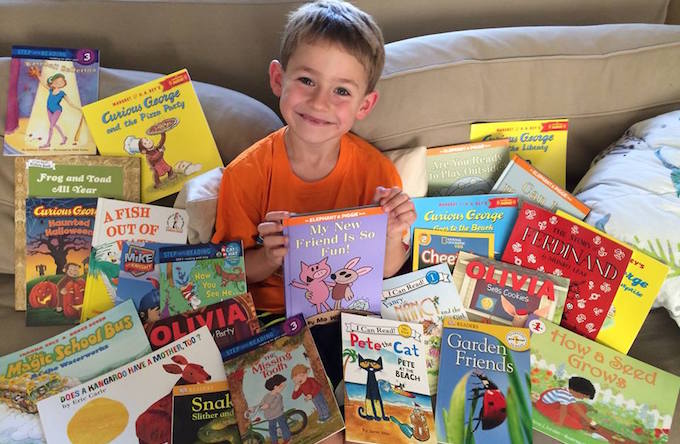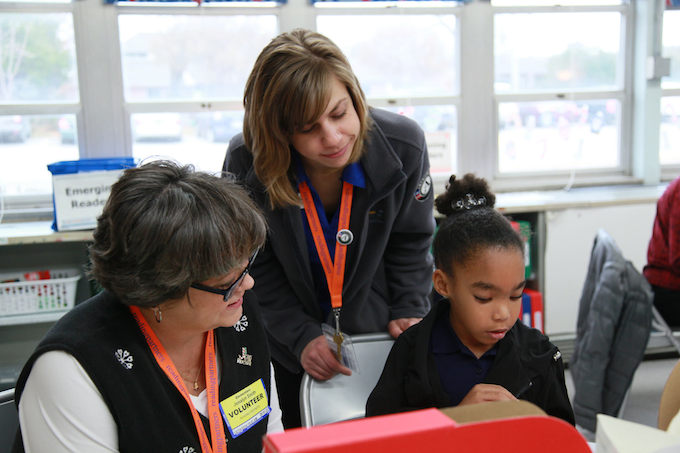July 10, 2014
7 Tips for Raising a Reader
 Did you know that, according to the Educational Testing Service, the more types of reading materials there are in the home, the higher students are in reading proficiency? Little things like having books in the house can help kids succeed in reading early on and later in life.
Did you know that, according to the Educational Testing Service, the more types of reading materials there are in the home, the higher students are in reading proficiency? Little things like having books in the house can help kids succeed in reading early on and later in life.
Raising a reader isn’t hard, it can actually be the greatest joy, but it does require a consistent effort. Here are some easy steps parents can take to help foster a joy of reading in their kids.
7 tips on how to raise a reader of any age:
1. Lead by example. Be a reader and read around your kids all the time. Show your kids that you are interested and enjoy reading and this will help spark their curiosity.
2. Read with your kids. Read with your kids early, often, and lovingly, to help them establish a positive, comforting, and exciting relationship with reading from the very start.
3. Talk literature. Talk about favorite books, authors, stories, and genres with your kids and with others. Show your kids that you are interested in books and excited about their interest in books. Talking about literature will help create a rich literary culture within the family.
4. Keep books everywhere. Keep books in the car, in every room of the house, in beach bags, and more. If your kid gets bored and plops down next to a pile of books, then chances are they will pick one up and start reading it.
5. Take regular outings to the library. Outings are always fun, and the library is a great place where kids can explore new books and feel empowered by choosing and checking out their own books.
6. Make reading and writing a part of everyday activities. There are opportunities to read and talk about reading everywhere. Read pamphlets in waiting rooms or, for the younger kids, read street signs while out and about. This is yet another chance to talk about reading.
7. Stay with it! Start these habits when your kids are young and never stop. Who knows, maybe you’ll start to love these habits.












